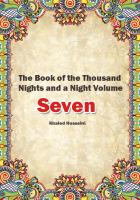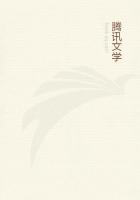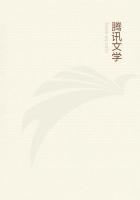Like Descartes and Balzac, he was a native of Touraine, and Tours and Chinon have only done their duty in each of them erecting in recent years a statue to his honour, a twofold homage reflecting credit both on the province and on the town. But the precise facts about his birth are nevertheless vague. Huet speaks of the village of Benais, near Bourgeuil, of whose vineyards Rabelais makes mention. As the little vineyard of La Deviniere, near Chinon, and familiar to all his readers, is supposed to have belonged to his father, Thomas Rabelais, some would have him born there. It is better to hold to the earlier general opinion that Chinon was his native town; Chinon, whose praises he sang with such heartiness and affection. There he might well have been born in the Lamproie house, which belonged to his father, who, to judge from this circumstance, must have been in easy circumstances, with the position of a well-to-do citizen. As La Lamproie in the seventeenth century was a hostelry, the father of Rabelais has been set down as an innkeeper. More probably he was an apothecary, which would fit in with the medical profession adopted by his son in after years. Rabelais had brothers, all older than himself.
Perhaps because he was the youngest, his father destined him for the Church.
The time he spent while a child with the Benedictine monks at Seuille is uncertain. There he might have made the acquaintance of the prototype of his Friar John, a brother of the name of Buinart, afterwards Prior of Sermaize. He was longer at the Abbey of the Cordeliers at La Baumette, half a mile from Angers, where he became a novice. As the brothers Du Bellay, who were later his Maecenases, were then studying at the University of Angers, where it is certain he was not a student, it is doubtless from this youthful period that his acquaintance and alliance with them should date. Voluntarily, or induced by his family, Rabelais now embraced the ecclesiastical profession, and entered the monastery of the Franciscan Cordeliers at Fontenay-le-Comte, in Lower Poitou, which was honoured by his long sojourn at the vital period of his life when his powers were ripening.
There it was he began to study and to think, and there also began his troubles.
In spite of the wide-spread ignorance among the monks of that age, the encyclopaedic movement of the Renaissance was attracting all the lofty minds. Rabelais threw himself into it with enthusiasm, and Latin antiquity was not enough for him. Greek, a study discountenanced by the Church, which looked on it as dangerous and tending to freethought and heresy, took possession of him. To it he owed the warm friendship of Pierre Amy and of the celebrated Guillaume Bude. In fact, the Greek letters of the latter are the best source of information concerning this period of Rabelais' life. It was at Fontenay-le-Comte also that he became acquainted with the Brissons and the great jurist Andre Tiraqueau, whom he never mentions but with admiration and deep affection. Tiraqueau's treatise, De legibus connubialibus, published for the first time in 1513, has an important bearing on the life of Rabelais. There we learn that, dissatisfied with the incomplete translation of Herodotus by Laurent Valla, Rabelais had retranslated into Latin the first book of the History. That translation unfortunately is lost, as so many other of his scattered works. It is probably in this direction that the hazard of fortune has most discoveries and surprises in store for the lucky searcher. Moreover, as in this law treatise Tiraqueau attacked women in a merciless fashion, President Amaury Bouchard published in 1522 a body in their defence, and Rabelais, who was a friend of both the antagonists, took the side of Tiraqueau. It should be observed also in passing, that there are several pages of such audacious plain-speaking, that Rabelais, though he did not copy these in his Marriage of Panurge, has there been, in his own fashion, as out spoken as Tiraqueau.
If such ******* of language could be permitted in a grave treatise of law, similar liberties were certainly, in the same century, more natural in a book which was meant to amuse.
The great reproach always brought against Rabelais is not the want of reserve of his language merely, but his occasional studied coarseness, which is enough to spoil his whole work, and which lowers its value. La Bruyere, in the chapter Des ouvrages de l'esprit, not in the first edition of the Caracteres, but in the fifth, that is to say in 1690, at the end of the great century, gives us on this subject his own opinion and that of his age:
'Marot and Rabelais are inexcusable in their habit of scattering filth about their writings. Both of them had genius enough and wit enough to do without any such expedient, even for the amusement of those persons who look more to the laugh to be got out of a book than to what is admirable in it. Rabelais especially is incomprehensible. His book is an enigma,--one may say inexplicable. It is a Chimera; it is like the face of a lovely woman with the feet and the tail of a reptile, or of some creature still more loathsome. It is a monstrous confusion of fine and rare morality with filthy corruption. Where it is bad, it goes beyond the worst; it is the delight of the basest of men. Where it is good, it reaches the exquisite, the very best; it ministers to the most delicate tastes.'

